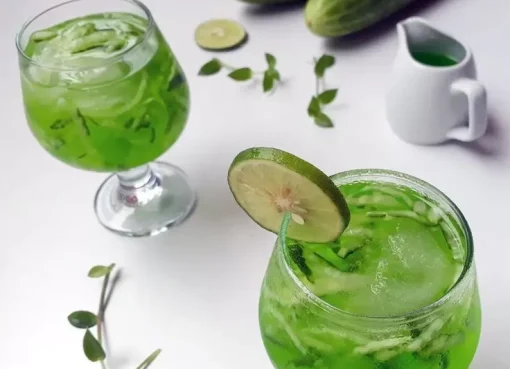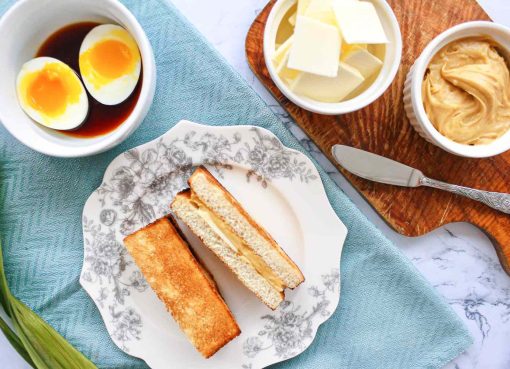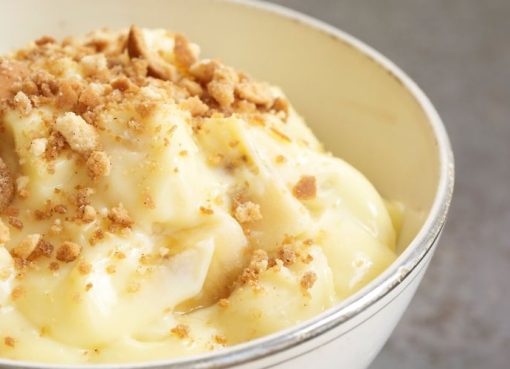Kobe Wagyu: The Epitome of Culinary More Luxury 2024
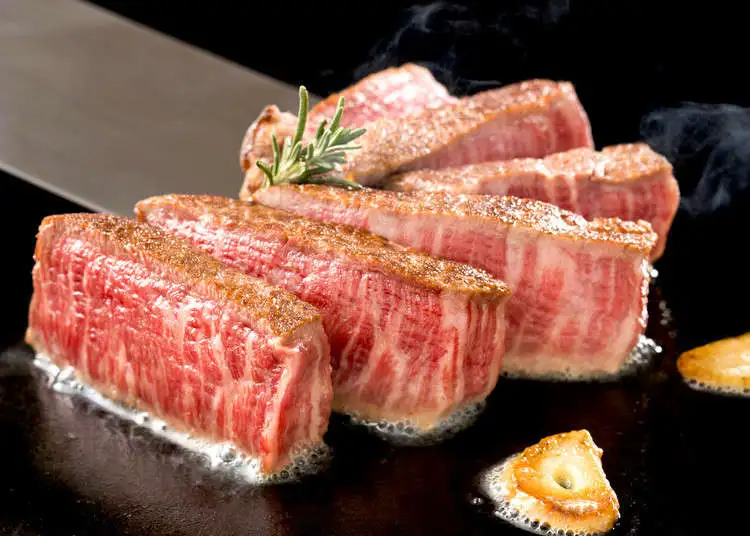
Kobe Wagyu, often hailed as the pinnacle of beef perfection, is a delicacy revered by food enthusiasts worldwide. Renowned for its unparalleled marbling, tenderness, and flavor, Wagyu represents the apex of Japanese culinary craftsmanship. In this article, we’ll explore the origins, characteristics, and cultural significance of Kobe Wagyu beef.
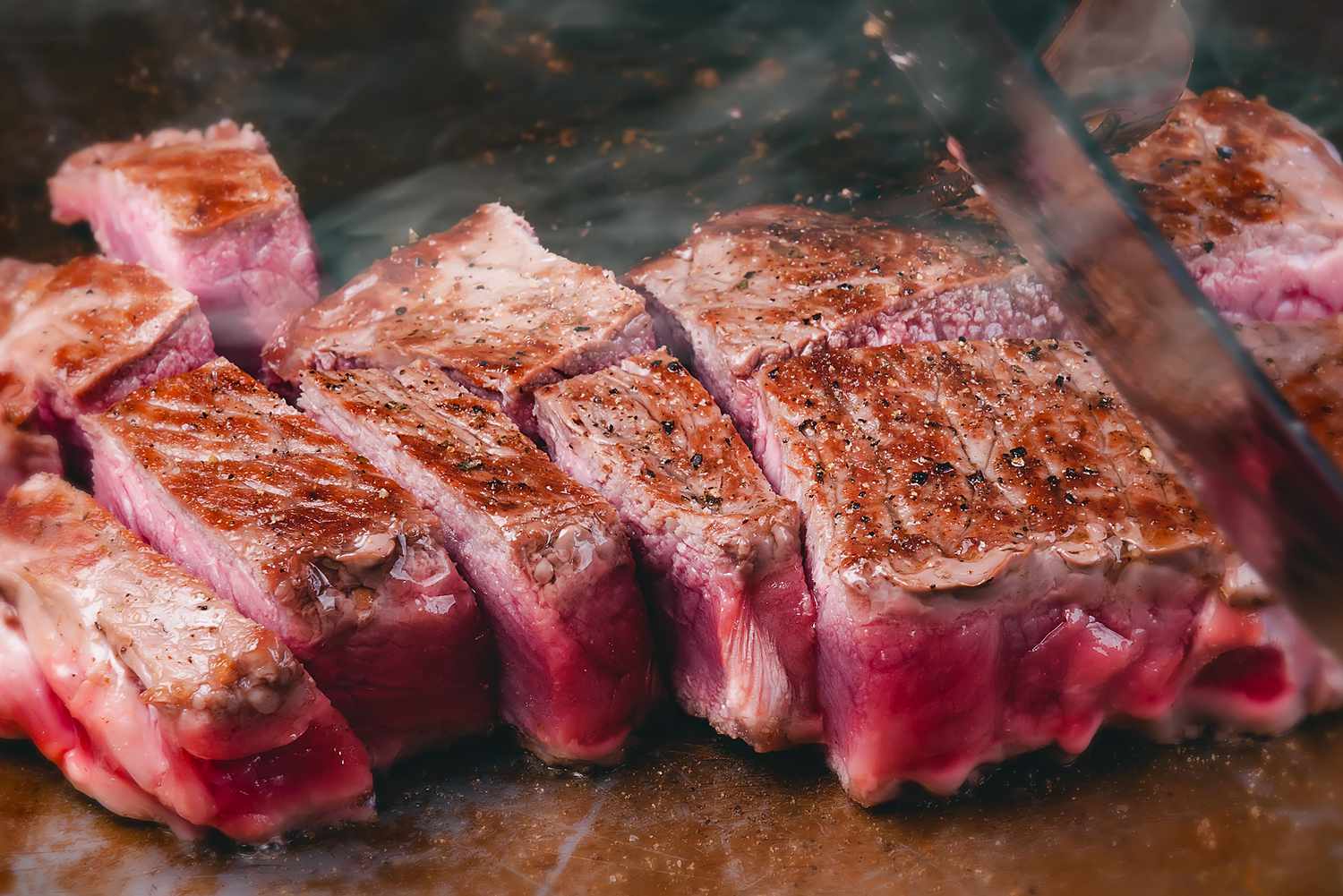
A Legacy of Tradition:
Kobe Wagyu originates from the Hyogo Prefecture in Japan, where it is meticulously bred and raised according to centuries-old traditions. The term “Wagyu” translates to “Japanese cattle,” and Kobe Wagyu refers specifically to cattle raised in the Kobe region of Hyogo Prefecture.
Exquisite Marbling and Texture:
What sets Kobe Wagyu apart is its exceptional marbling, characterized by intricate veins of fat that weave through the meat, imparting a luxurious melt-in-your-mouth texture. The intense marbling not only enhances the beef’s tenderness but also contributes to its rich, buttery flavor profile.
Strict Standards and Certification:
To be certified as Kobe Wagyu, the beef must meet stringent criteria established by the Kobe Beef Marketing & Distribution Promotion Association. These standards dictate factors such as the cattle’s lineage, diet, and living conditions, ensuring that only the highest quality beef bears the prestigious Kobe label.
Labor of Love:
The rearing process for Kobe Wagyu is a labor-intensive endeavor that emphasizes quality over quantity. Cattle are pampered with special diets, including a regimen that includes beer and massages to enhance marbling and tenderness. Additionally, strict regulations govern the cattle’s living conditions to minimize stress and ensure their well-being.
Culinary Delight:
Kobe Wagyu is celebrated for its versatility in the kitchen, lending itself to a myriad of culinary preparations. Whether enjoyed as succulent steak cuts, thinly sliced for shabu-shabu or sukiyaki, or incorporated into gourmet burgers and sushi, Kobe Wagyu elevates any dish to new heights of indulgence.
Cultural Icon:
Beyond its culinary excellence, Wagyu holds a revered status in Japanese culture, symbolizing craftsmanship, tradition, and excellence. It is often served on special occasions and is prized as a gift of utmost prestige, reflecting the giver’s discerning taste and appreciation for quality.
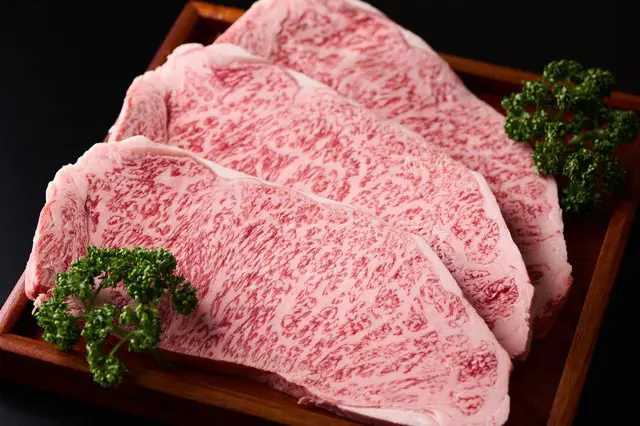
Global Appeal:
While traditionally enjoyed in Japan, Kobe Wagyu has gained popularity on the global stage, captivating discerning palates and earning acclaim from chefs and food enthusiasts worldwide. Its reputation for unparalleled quality and flavor has made it a sought-after delicacy in prestigious restaurants and culinary destinations around the globe.
Environmental Considerations:
Despite its popularity, concerns have been raised about the environmental impact of Wagyu production, particularly regarding land use, water consumption, and greenhouse gas emissions. Efforts are underway to address these issues through sustainable farming practices and increased transparency in the supply chain.
The Ultimate Culinary Indulgence:
In conclusion, Kobe Wagyu represents the epitome of culinary luxury, embodying centuries of tradition, meticulous craftsmanship, and unparalleled flavor. Its exquisite marbling, tender texture, and rich flavor profile make it a true delicacy that delights the senses and leaves a lasting impression on those fortunate enough to savor its sublime taste.
Exploring the Pros and Cons of Kobe Wagyu Beef: A Taste of Culinary Excellence
Kobe Wagyu beef is renowned worldwide for its exquisite flavor, unparalleled marbling, and luxurious dining experience. However, like any culinary delicacy, Wagyu has its own set of advantages and disadvantages. In this article togelon, we’ll delve into the strengths and weaknesses of Wagyu beef, offering a balanced perspective for discerning food enthusiasts.
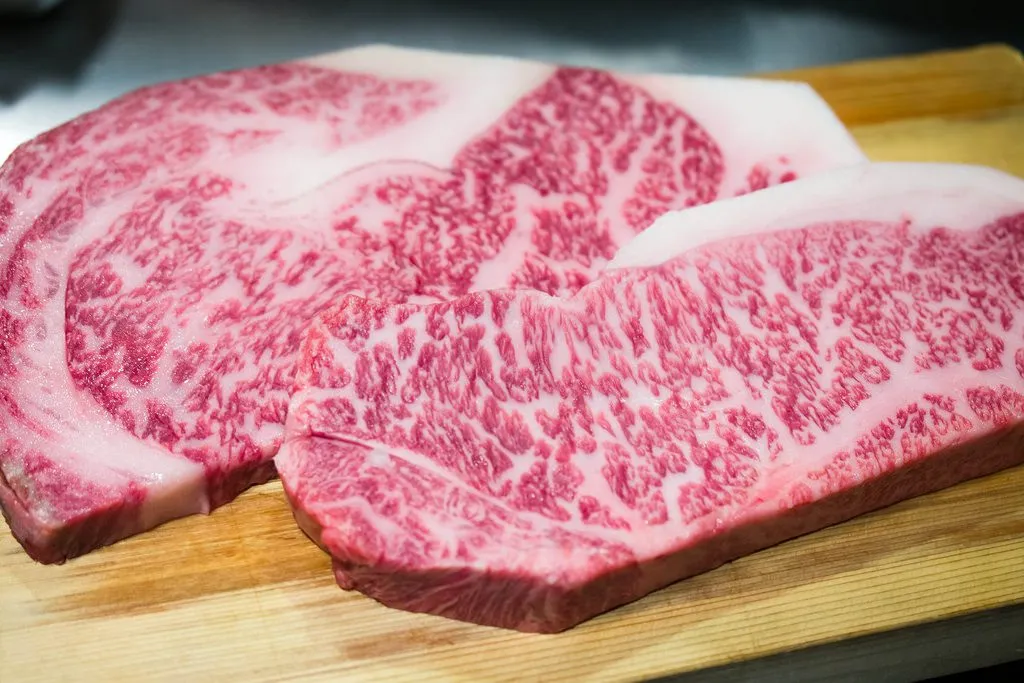
Advantages of Kobe Wagyu Beef:
- Exceptional Flavor and Texture: Kobe Wagyu beef is prized for its unmatched flavor profile and melt-in-your-mouth texture. The intricate marbling of fat throughout the meat lends a rich, buttery taste and a tender, juicy consistency that is unparalleled in the world of beef.
- High-Quality Marbling: The intense marbling of fat in Wagyu beef not only enhances its flavor and tenderness but also contributes to its health benefits. The monounsaturated fats found in Wagyu beef are known for their heart-healthy properties, making it a nutritious choice for meat lovers.
- Culinary Versatility: Kobe Wagyu beef is incredibly versatile in the kitchen, lending itself to a wide range of culinary preparations. Whether grilled as a steak, thinly sliced for hot pot dishes, or used in gourmet burgers and sushi, Kobe Wagyu beef elevates any dish to new heights of indulgence.
- Cultural Prestige: Kobe Wagyu beef holds a revered status in Japanese culture, symbolizing craftsmanship, tradition, and excellence. It is often served on special occasions and is considered a luxurious gift that reflects the giver’s discerning taste and appreciation for quality.
Disadvantages of Kobe Wagyu Beef:
- High Cost: One of the most significant drawbacks of Kobe Wagyu beef is its exorbitant price tag. Due to its limited availability, meticulous production process, and high demand, Wagyu beef commands a premium price that may be out of reach for many consumers.
- Environmental Concerns: The production of Kobe Wagyu beef requires significant resources, including land, water, and feed, which can have environmental implications. Concerns have been raised about the sustainability of Wagyu farming practices and their impact on ecosystems and natural resources.
- Health Considerations: While Kobe Wagyu beef is prized for its rich flavor and marbling, it is also high in saturated fat and calories. Consuming Wagyu beef regularly as part of a balanced diet may contribute to health issues such as obesity and cardiovascular disease if not consumed in moderation.
- Ethical Dilemmas: Some consumers may have ethical concerns about the treatment of cattle raised for Kobe Wagyu beef. The pampering and special diets given to Kobe cattle, including beer and massages, may be seen as excessive or unnecessary, raising questions about animal welfare standards in the industry.
Conclusion:
In conclusion, Kobe Wagyu beef offers a culinary experience like no other, with its exceptional flavor, tenderness, and cultural significance. However, its high cost, environmental impact, health considerations, and ethical dilemmas warrant careful consideration for those indulging in this luxurious delicacy. By weighing the pros and cons of Kobe Wagyu beef, consumers can make informed choices that align with their values and preferences, ensuring a satisfying dining experience for all.
Read More Article About “Defender 2025: Astonishing Luxury & Unstoppable Adventure“

